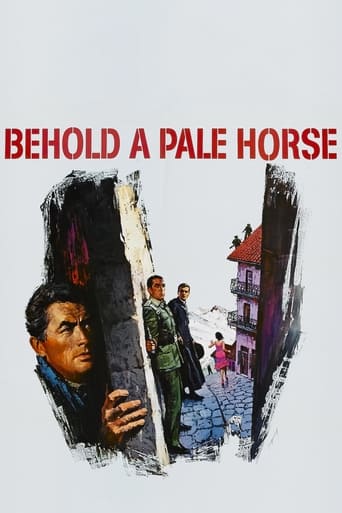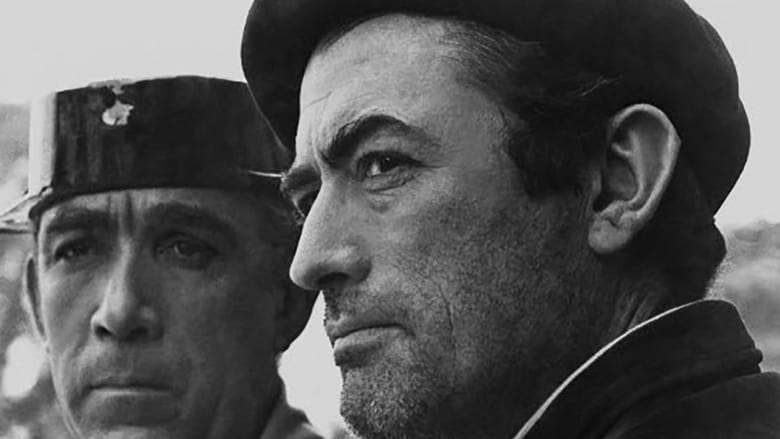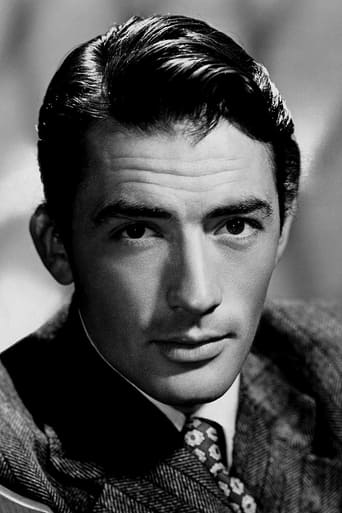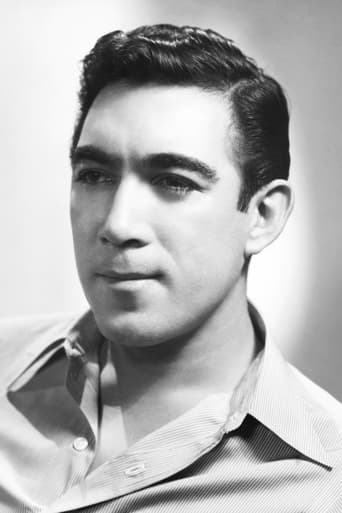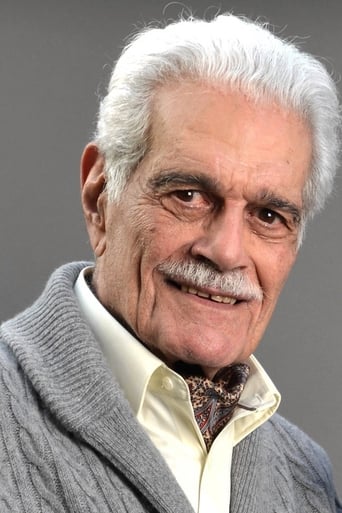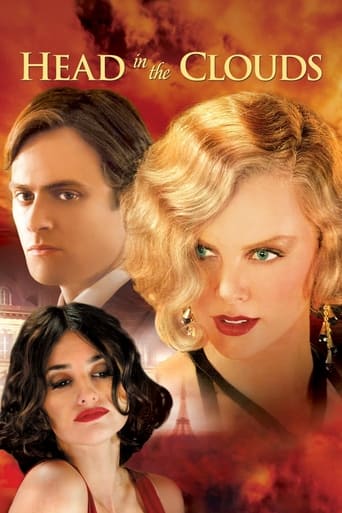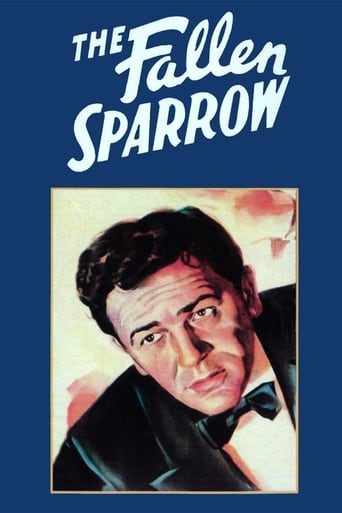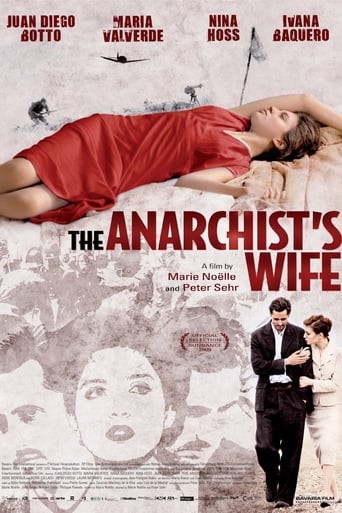Behold a Pale Horse (1964)
Manuel Artiguez, a famous bandit during the Spanish civil war, has lived in French exile for 20 years. When his mother is dying he considers visiting her secretly in his Spanish home town. But his biggest enemy, the Spanish police officer Vinolas, prepared a trap at the hospital as a chance to finally catch Artiguez.
Watch Trailer
Cast


Similar titles
Reviews
Too much of everything
hyped garbage
Easily the biggest piece of Right wing non sense propaganda I ever saw.
This is one of the best movies I’ve seen in a very long time. You have to go and see this on the big screen.
As I said on the message board about this film, I agree with those who felt that Peck was miscast as a European. My view of Peck is that he is a STAR, one who is effective really only in parts that suit his very American, warm hearted, leading man persona.As for the reviewer who complained that 1964 was a bit late to be making a feature in black-and-white, actually, no, lots of features continued to be made in black-and-white for another three years, at least. By 1967, it was a lot rarer to find one, even from the more arty or new wave directors in Europe, where black-and-white had been de riguer, for the most part. Bogdanovich's "The Last Picture Show" and "Paper Moon" were retro glories by the early 70s. (I think he used a red or infrared filter to get those great darks in his b&ws.) Forgive the digression. I found the film to be a failure by Zinneman - too many parts don't fit well, and too long.
It wasn't all hysteria. There were Communists and Communist sympathizers in the movie business. Several were involved one way and another in the making of this didactic film. This picture with its heavy political message about the backwardness and repression in Spain under Franco could never have been made in the United States although two American actors share top billing.There is some fine acting here but not by Gregory Peck. He does not make a convincing European. Nor does the brutishness of his character fit the man of integrity audiences had come to expect this great star to portray. On the other hand, the restrained performance by Anthony Quinn makes his **Guardia** captain the most complicated and interesting character in the movie. Unlike his adversary, this man has no illusions. He knows he serves a regime that rules by fear though he is outwardly courteous to everyone. A married man, the address and telephone number of his mistress are common knowledge at police headquarters. Yet he prays with apparent sincerity to the Virgin for success in the upcoming confrontation. You really wish there were more of him but he has little screen time--one of the movie's major faults.Big, handsome Christian Marquand from Marseilles, France is outstanding as Quinn's able and tactful lieutenant, and as Pilar, mother to Peck's character and an unreconstructed, anticlerical leftist, American Mildred Dunnock is remarkably convincing in a small role. Having been brought **in extremis** to the local hospital, she sends a priest who has come to her bedside away with the suggestion he "go and bless the rifles in the firing squad".The documentary footage of the pilgrimage site at Lourdes, France is a gratifying bonus, along with some impressive shots of the Pyrenees. In truth, the cinematography is first rate throughout, a Fred Zinneman trademark.The shortcomings in the film center around the screenplay. There is too much talking as many others here have remarked, the movie is tedious in places and about fifteen minutes too long. The device of having much of the action viewed through the eyes of a child simply doesn't work.Many have noted that Peck and Quinn had appeared together in the 1959 blockbuster "The Guns of Navarone". Along with composer Maurice Jarre, several actors from "Lawrence of Arabia" are reunited in this picture, also. There is Quinn, Omar Sharif as a priest facing a moral dilemma and in an odd bit of casting, Anglo-Pakistani Zia Mohyeddin. He plays a guide--the same role he had in "Lawrence" but this time he survives.
I had been looking forward to this one for some time, due to its rather imposing credentials; it's certainly well-made and acted but also heavy-going, slow and excessively talky.Gregory Peck is even stiffer and glummer than usual as a washed-out guerrilla fighter; Anthony Quinn is generally more subdued than is customary for him, being effectively cast against type as Peck's nemesis (though his character is completely absent from the film's mid-section); after a belated entrance, Omar Sharif manages to steal the acting honors from under the nose of his more experienced companions by giving a moving portrayal of a conflicted priest. The excellent cast is rounded out by Paolo Stoppa, Christian Marquand, Daniela Rocca, Mildred Dunnock, Rosalie Crutchley and Michel Lonsdale.Ultimately, the film lacks the touch of greatness but the unusual subject matter (adapted from an Emeric Pressburger novel) and the surprising but affecting child's eye view it takes of events keep one watching. Furthermore, the climactic assault on the hospital is both suspenseful and exciting and the ever-reliable Maurice Jarre contributes a subtly effective score.
In 1939 like John Wayne's Ethan Edwards in The Searchers, Gregory Peck does not believe in surrenders. When all the others give up their weapons and go home, Peck conspicuously keeps his and keeps up the good fight. Of course twenty years later, Peck's become nothing more than a common bandit with the barest trappings of the revolutionary ardor he once had for the Republican cause in the Spanish Civil War.His rival, his Pat Garrett to Peck being Billy the Kid, is the local captain of the Guardia Civil in Anthony Quinn. Peck's constant raids into his border area from France are a source of embarrassment to him and block his chances for advancement. At one time Quinn was a hardened Falangist, but now he's just a policeman.Twenty years as made a lot of changes in both men. Quinn a devote Catholic who probably joined the fascist forces because of the anti-clerical attitudes of the Republican government now observes the form of religion, but he's got a mistress on the side. When he goes to pray it's not for anything profound, just please let him get Peck so he can advance. Peck is as anti-clerical as he was during the Spanish Civil War in the late Thirties, but now is really into it a lot for violence's sake. He also knows his cause is long lost, but needs the excuse for what he's now doing. He also gets quite a surprise in finding a priest like Omar Sharif going to warn him about an informer in his crew. Catholics do come in all shapes and sizes. Although Peck is somewhat miscast as a Spaniard, still he does a good job as does Quinn and Sharif. The strength of Behold a Pale Horse is that it presents both Peck and Quinn as flesh and blood people, neither of them all good or all evil from your point of view.Behold a Pale Horse was made in 1964 and eleven years later Francisco Franco in whose service Quinn was in died after being dictator of Spain for 36 years. When I visited Spain in 2001 the thing that struck me was how there was very little evidence of Franco's reign. Spain has now settled quite nicely into a constitutional monarchy with a functioning parliament. And the Catholic church which rode as high in Spain as it did during Philip II is rapidly losing influence. Kind of makes you wonder just what Peck and Quinn were fighting about.

